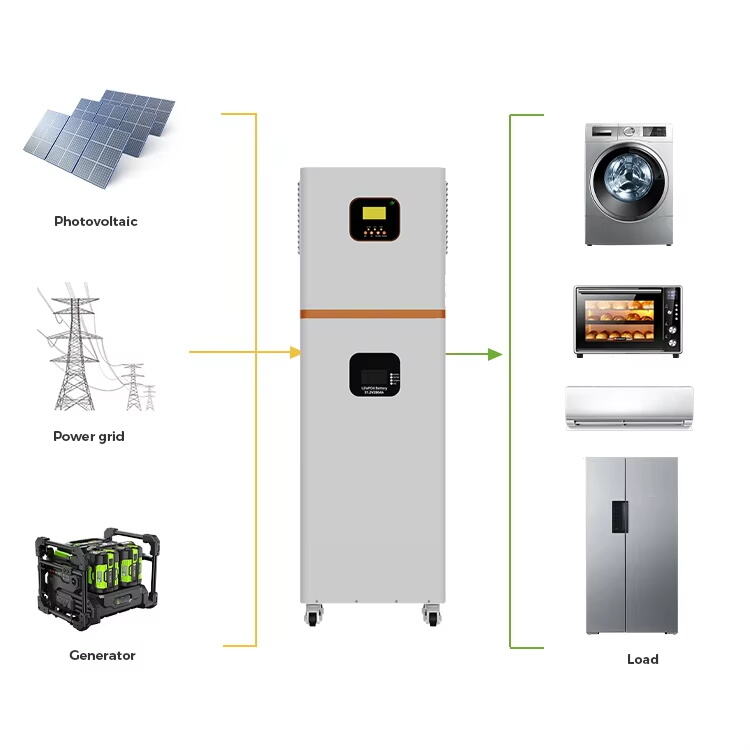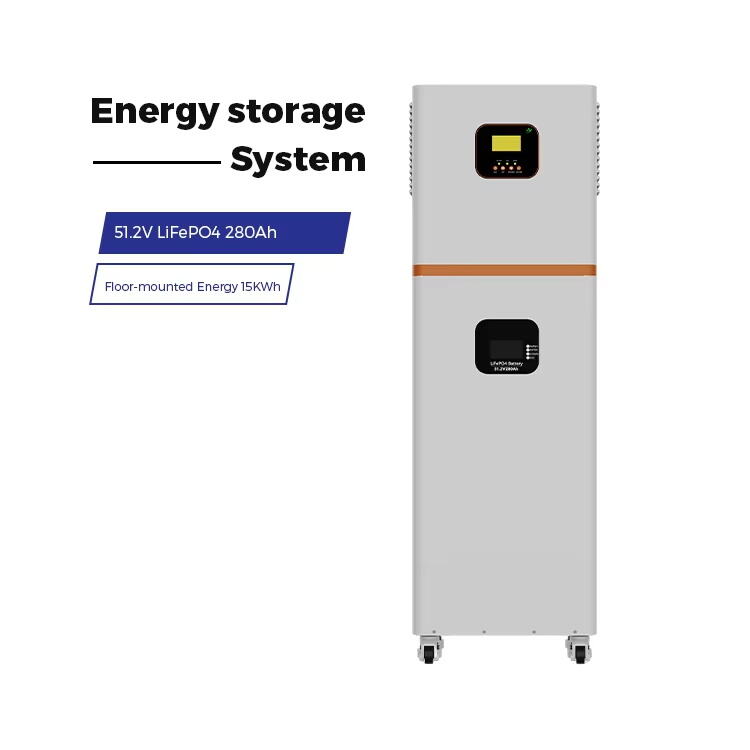A New Era of Power for Heavy-Duty Trucks
Heavy-duty trucks demand robust, consistent, and intelligent power solutions. Traditional lead-acid batteries, while familiar, often fall short under extreme conditions and frequent cycling. In contrast, modern lithium batteries have emerged as the preferred energy source for both starting and parking power in trucks. Their superior energy density, lightweight structure, and intelligent power management make them an ideal upgrade for long-haul and commercial fleet operations.
Core Advantages of Lithium Batteries for Truck Starting
Faster, More Reliable Engine Starts
Lithium batteries provide a significant performance boost when it comes to cold cranking amps (CCA), which are critical for engine ignition. Unlike lead-acid batteries that struggle in cold weather or after extended downtime, lithium batteries retain their voltage and deliver consistent starting power. This reliability reduces the risk of downtime and delays, keeping trucks on schedule and drivers confident.
Extended Service Life
One of the most attractive features of lithium batteries is their long lifespan. These batteries can deliver thousands of cycles without major degradation, outlasting lead-acid batteries by several years. This translates to fewer replacements, reduced maintenance, and lower total cost of ownership over time. For fleet managers, this makes lithium batteries a strategic investment.
Enhancing Parking Power with Smart Energy Management
Stable Power for Auxiliary Systems
When trucks are parked, energy is still needed for HVAC systems, lighting, communication devices, and refrigeration units. Lithium batteries deliver consistent voltage and stable power output throughout their discharge cycle. This ensures all onboard systems function optimally during breaks, overnight stops, or extended engine-off periods.
Built-in Battery Management Systems
Many lithium batteries come with integrated Battery Management Systems (BMS), which monitor and control temperature, voltage, and current in real time. These systems protect the battery from overcharging, deep discharging, and overheating, thereby increasing efficiency and safety. The smart management of power not only preserves the battery but also safeguards connected equipment.

Operational Benefits for Drivers and Fleet Owners
Reduced Weight and Increased Fuel Efficiency
Lithium batteries are significantly lighter than traditional options. This reduction in battery weight contributes to better fuel economy and payload capacity, especially for long-haul trucks. By decreasing vehicle weight, lithium batteries can contribute to lower emissions and improved operational efficiency across an entire fleet.
Minimal Maintenance Requirements
Unlike lead-acid batteries, lithium batteries require virtually no maintenance. There is no need for water top-offs, corrosion checks, or frequent testing. This simplicity allows drivers and maintenance teams to focus on other critical areas of vehicle operation, ultimately enhancing productivity and reducing labor costs.
Installation Flexibility and Environmental Impact
Versatile Mounting Options
Lithium batteries are compact and can be installed in various orientations, offering more flexibility for truck design and retrofitting. This allows for more creative and space-saving configurations in battery placement, especially in custom vehicle builds or modern fleets looking to optimize every inch.
Environmentally Friendly Chemistry
Lithium batteries contain fewer toxic materials and are more recyclable than traditional batteries. Their longer lifespan also means fewer battery replacements and less waste in landfills. For companies with environmental goals or sustainability reporting, switching to lithium supports a cleaner, greener energy model.
Financial Considerations and Long-Term Value
Higher Upfront Costs, Better ROI
While the initial cost of lithium batteries can be higher than traditional options, their longevity and efficiency provide a compelling return on investment. Fewer replacements, reduced maintenance, and lower energy losses combine to offer substantial savings over the battery's lifetime.
Government Incentives and Fleet Rebates
In some regions, switching to lithium batteries can qualify for sustainability incentives or tax rebates. Fleet owners should explore these opportunities to reduce upfront costs and enhance the financial appeal of transitioning to lithium-powered systems.
FAQ
How long do lithium batteries typically last in a truck?
Lithium batteries in trucks can last 8 to 10 years or more, depending on usage and environmental conditions. Their long cycle life significantly outperforms traditional batteries.
Are lithium batteries safe to use in commercial vehicles?
Yes, most lithium batteries include advanced battery management systems that monitor safety parameters in real time. They are designed to prevent overheating, overcharging, and deep discharge.
Can lithium batteries be used in cold climates?
Modern lithium batteries are engineered to perform well in cold weather. Some models even include built-in heaters or cold-cranking enhancements for sub-zero conditions.
Do lithium batteries require special maintenance?
Lithium batteries are low-maintenance. They do not need regular fluid checks or terminal cleaning, and their performance can be monitored through digital interfaces or BMS alerts.

